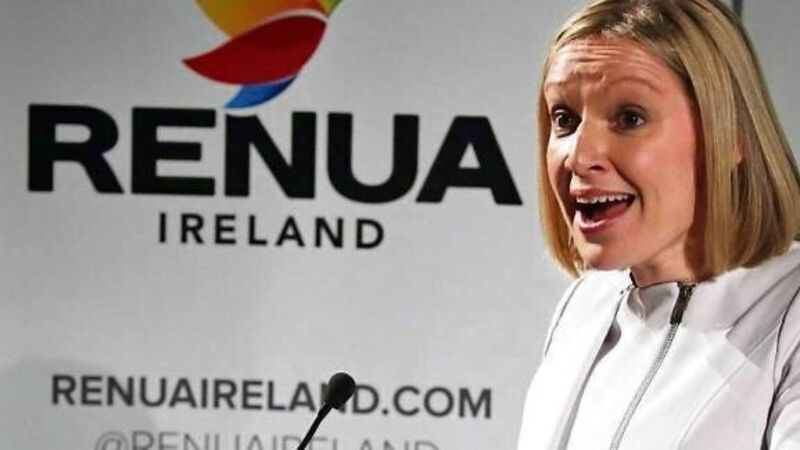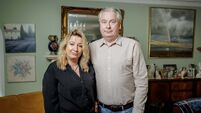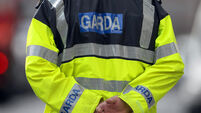Abortion law must accommodate the conscientious objector

Failure to address the concerns of the conscientious objector in abortion legislation will run the risk of losing GPs, says
I had the opportunity in the summer of 1997 to work in an orphanage in Bucharest, Romania, eight years after the Christmas Day executions of the dictator Ceausescu and his wife.
















